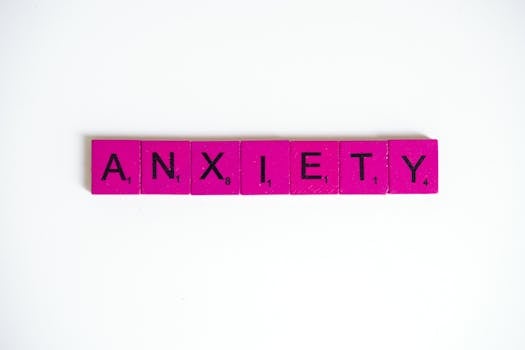
Benefits of Regular Exercise on Mental Health and Wellness
Regular exercise is a crucial aspect of maintaining good mental health and wellness. The benefits of exercise on mental health are numerous, and it is essential to incorporate physical activity into our daily routine. Regular exercise has been shown to reduce stress and anxiety, improve mood, and even alleviate symptoms of depression. In this article, we will explore the benefits of regular exercise on mental health and provide tips on how to get started.
Reducing Stress and Anxiety
Exercise is a natural stress-reliever and can help reduce anxiety. When we engage in physical activity, our body releases endorphins, also known as feel-good hormones. These hormones help to calm the mind and body, reducing feelings of stress and anxiety. Regular exercise can also improve sleep quality, which is often disrupted by stress and anxiety. A good night’s sleep is essential for mental health and wellness, and exercise can help promote a restful night’s sleep.
Improving Mood
Regular exercise has been shown to improve mood and reduce symptoms of depression. Exercise releases endorphins, which can help to boost mood and energy levels. Exercise has also been shown to increase self-esteem and body confidence, which can be particularly beneficial for individuals struggling with mental health issues. Additionally, exercise provides an opportunity to socialize and connect with others, which is essential for mental health and wellness.
Improving Cognitive Function
Regular exercise has also been shown to improve cognitive function, particularly in older adults. Exercise has been shown to improve memory, concentration, and processing speed. Exercise has also been shown to reduce the risk of dementia and Alzheimer’s disease. The benefits of exercise on cognitive function are thought to be due to the increased blood flow to the brain, which provides essential nutrients and oxygen.
Getting Started
Getting started with regular exercise can seem daunting, but it is essential to start slowly and gradually increase intensity and duration. It is recommended to aim for at least 150 minutes of moderate-intensity exercise per week. This can be broken down into 30 minutes per day, five days a week. It is also essential to find an exercise that you enjoy, whether it be walking, running, swimming, or dancing. Exercise should be a fun and enjoyable experience, not a chore.
Tips for Incorporating Exercise into Your Daily Routine
Here are some tips for incorporating exercise into your daily routine:
- Find an exercise that you enjoy and that fits your lifestyle
- Start slowly and gradually increase intensity and duration
- Aim for at least 150 minutes of moderate-intensity exercise per week
- Exercise with a friend or family member for motivation and support
- Schedule exercise into your daily routine, just like any other appointment
Conclusion
In conclusion, regular exercise has numerous benefits for mental health and wellness. From reducing stress and anxiety to improving mood and cognitive function, exercise is an essential aspect of maintaining good mental health. By incorporating exercise into our daily routine, we can improve our overall health and wellness, and reduce the risk of mental health issues. So, get started today and find an exercise that you enjoy. Your mental health and wellness will thank you.



